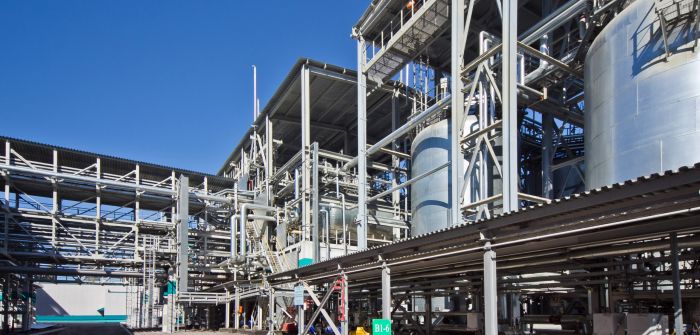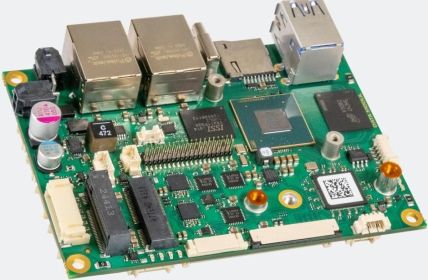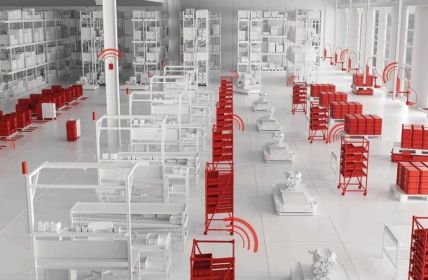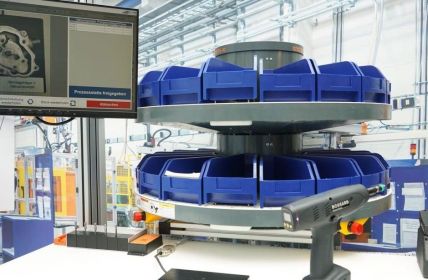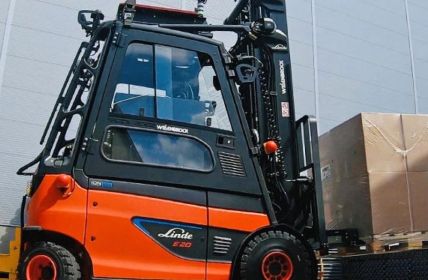Following a successful field trial, ENEOS Materials Corporation and Yokogawa Electric Corporation have agreed to officially deploy Factorial Kernel Dynamic Policy Programming (FKDPP), an AI algorithm based on reinforcement learning, at an ENEOS Materials chemical plant. The autonomous AI controller has demonstrated outstanding performance in controlling a distillation column at the plant over a period of almost a year, leading to the signing of this agreement.
Table of Contents: What awaits you in this article
Pure innovation: World premiere of AI and reinforcement learning in plant control – according to IoT analysis in March 2023
Based on thorough secondary research of publicly available sources by IoT Analytics in March 2023, this is the first time in the world that AI with reinforcement learning has been used to directly control a plant.
As defined by Yokogawa, autonomous AI control refers to a solution that autonomously derives the best method of control and has high robustness to act autonomously even in unknown situations. This innovative technology is able to deal with unknown challenges and make decisions autonomously to achieve optimal control results.
From January to February 2022, Yokogawa and JSR conducted a field test using AI to autonomously control a chemical plant over a period of 35 days (840 hours). This used advanced control technology that takes into account quality, yield, energy saving and sudden failures, and is considered next-generation control technology.
The successful test showed that the AI solution is capable of controlling distillation operations that were previously beyond the capabilities of conventional automation solutions. Previously, experienced plant personnel had to manually operate valves to meet complex conditions and maintain product quality and liquid levels in the distillation column. After a scheduled shutdown of the plant for maintenance and repair, the test was resumed as a field trial and has continued successfully to date. The AI solution has not only stabilised the quality and achieved a high yield, but also optimally utilised the resulting waste heat as a heat source to save energy.
New findings from the field trial: Four advantages of autonomous AI control identified
1. Consistent stability throughout the year
The autonomous AI control proved to be extremely efficient and reliable in maintaining stable fluid levels and making optimal use of waste heat, even under adverse weather conditions with temperature fluctuations of around 40 ºC between winter and summer. No problems were encountered during the field trial and smooth operation with excellent product quality was achieved.
2. Reduction of environmental impact
Autonomous AI control has been instrumental in improving production processes. By eliminating off-spec products, operating material and labour costs were significantly reduced. In addition, autonomous AI control was able to optimise the use of raw materials, resulting in a more efficient use of resources. In particular, significant progress was made in the production of high-value products that meet shipping standards. Steam consumption was reduced by 40 per cent compared to traditional manual control, resulting in a significant reduction in CO2 emissions. The autonomous AI control was particularly efficient in reducing the amount of steam needed to maintain the liquid level, and therefore the associated CO2 emissions.
3. More safety through reduced workload
Autonomous AI control eliminates the need for manual operator input. As a result, operator workload is significantly reduced and the risk of human error is minimised. In addition, this leads to a significant reduction in mental stress for operators, as they are no longer burdened with the responsibility of manual input and can focus on other tasks. At the same time, safety is improved as potential sources of error due to human error are eliminated.
4. Reliability of the AI control model
Despite the changes made to the plant during a planned break in operation for maintenance and repair purposes, the same model could still be used successfully for AI control.
The successful implementation of autonomous AI control at ENEOS Materials during the one-year field trial demonstrated that it is a reliable and powerful system that can optimise operations. The company will now explore the application of this advanced AI solution to various processes and assets and continue to work to increase productivity and realise energy savings by expanding the scope of autonomisation.
Yokogawa launched a pioneering AI-based automation solution for edge controllers in February to drive plant autonomy. This world’s first commercially available AI service with reinforcement learning for edge controllers is based on extensive secondary research of publicly available sources by IoT Analytics in March 2023. The company also offers a global consulting service to help users identify control problems, investigate optimal control methods, calculate cost-effectiveness, as well as safety, implementation, maintenance and operation.
ENEOS Materials and Yokogawa have agreed to continue to expand their partnership and focus on the use of AI for the control and condition-based maintenance of their plants. Together, they will seek innovative solutions to improve their plant processes and reduce downtime. This collaboration will enable both companies to strengthen their competitiveness and drive the digital transformation of their operations.
Given the many challenges in the petrochemical industry, such as the loss of experienced staff to ensure safe plant operations, we are thrilled that AI is now being successfully used to autonomously control previously manually controlled processes. Our year-long tests have shown that the system works stably, regardless of seasonal fluctuations or regular maintenance and repair, in addition to saving energy and reducing greenhouse gas emissions. We will continue to use smart manufacturing technologies to improve safety, stability, decarbonisation and competitiveness.
Professor Takamitsu Matsubara from the Nara Institute of Science and Technology emphasises the importance of the reward function for reinforcement learning. By incorporating automation knowledge from the process industry, a reliable and stable AI control model can be developed that enables stable operation throughout the year. A successful field test has confirmed the robustness of the model and the new control technology FKDPP has the potential to contribute to the development of the industry worldwide.
Kenji Hasegawa, Head of Yokogawa Products Headquarters, is grateful to collaborate with a customer on a unique autonomisation initiative. Yokogawa plans to further develop autonomous AI control with a focus on products and consulting, and to support customers in decarbonisation, digital transformation and autonomisation.


